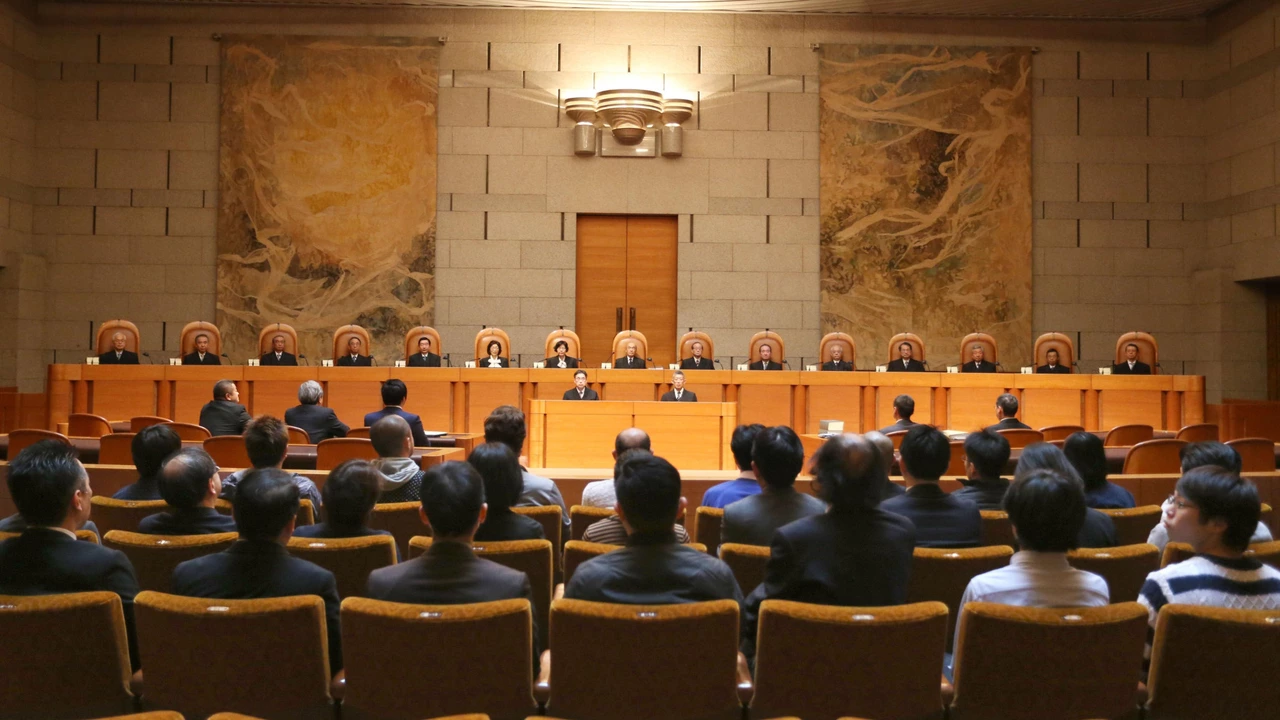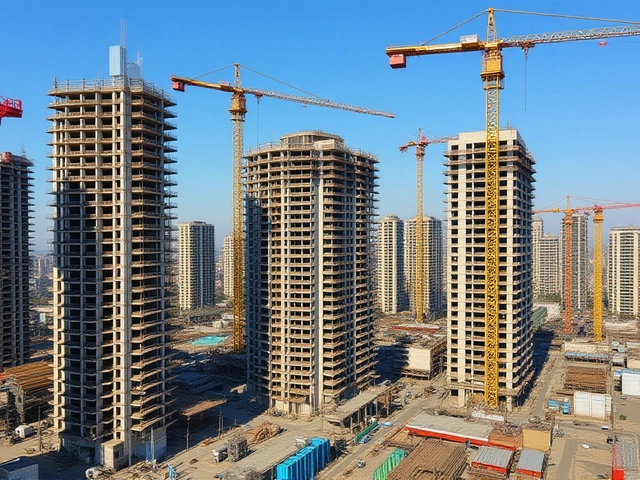Judicial Accessibility: How to Reach Courts and Legal Help in India
Access to the justice system shouldn't feel like climbing a mountain. Judicial accessibility means being able to find, use, and understand courts and legal services without impossible cost, distance, or paperwork. This page gathers practical posts and tips that help you actually get your case heard—whether you need to file a complaint, attend a hearing online, or find free legal help.
Common barriers people face
Distance and travel cost: Many people live far from district courts or tribunals. Time away from work and travel expenses add up.
Complex procedures and paperwork: Court forms, notices, and rules can be confusing. A small mistake can delay your case for months.
Language and literacy: Court language and legal jargon often use English or formal Hindi, which can be hard for everyone to follow.
High fees and lawyer costs: Hiring a lawyer or paying court fees can be a real hurdle. Even when fees are low, hidden costs—photocopies, transport, notarization—matter.
Delay and backlog: Long waits for hearings make people give up seeking justice.
Practical steps to improve access to justice
Check e-courts and video hearing options: Many courts now offer online filing, cause lists, and video hearings. Before you travel, see if your hearing can be attended online or if you can file documents electronically. This saves time and money.
Use free legal aid and Lok Adalats: The National and State Legal Services Authorities provide free lawyers to eligible people. Lok Adalats and mediation centers settle many disputes quickly and cheaply—good for family, labour, and consumer matters.
Prepare a simple checklist before filing: ID proof, address proof, originals and two sets of copies, a short written timeline of events, and any receipts or photos. A neat packet reduces the chance of rejection.
Speak to paralegals or legal clinics: Law colleges, NGOs, and grassroots paralegals can explain your options, draft basic petitions, or guide you to the right forum. They often do this for little or no money.
Use plain language and short affidavits: Courts appreciate clear, factual statements. Stick to dates, facts, and a short list of documents. Avoid long emotional narratives—save that for the hearing if needed.
Explore special fast-track options: Consumer courts, family courts, and fast-track courts handle specific types of cases faster. Check which forum fits your case before filing.
Small steps can make a big difference. Start by finding out whether your matter can be handled online, see if you qualify for free legal aid, and tidy up your documents. If you need help, reach out to a local legal clinic or paralegal—getting the right guidance early often saves months of delay and money.





